- Details
- Written by: Kamran Mofid
- Hits: 1553
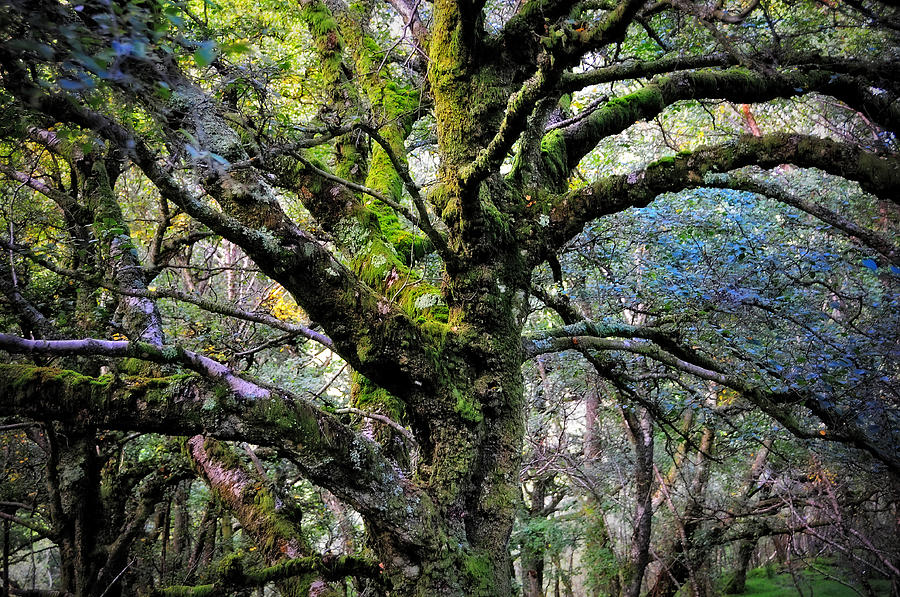
The Tree of Wisdom, Old whimsical tree in the Wicklow forest, Ireland.- Photo by Jenny Rainbow: fineartamerica.com
The Wisdom of Mother Nature belongs to all Life.
Let be guided and inspired by Her and Save the Web of Life
'Be like the sun for grace and mercy.
Be like the night to cover others’ faults.
Be like running water for generosity.
Be like death for rage and anger.
Be like the Earth for modesty.
Appear as you are.
Be as you appear.'- Rumi
A lesson for our times
‘When we fiddle with nature, there can be unforeseen consequences.
When we fiddle with nature in big ways, entire civilizations collapse.’
'Man and Nature’, George Perkins Marsh
The 1847 lecture that predicted human-induced climate change
'We are the first generation to know we are destroying our planet and
the last one that can do anything about it.'- World Wildlife Fund
'Treat the earth well: it was not given to you by your parents, it was loaned to you by your children.
We do not inherit the Earth from our Ancestors, we borrow it from our Children.'- Native American Children
Desperately seeking Sophia: The Wisdom of Nature: A Five Part Guide
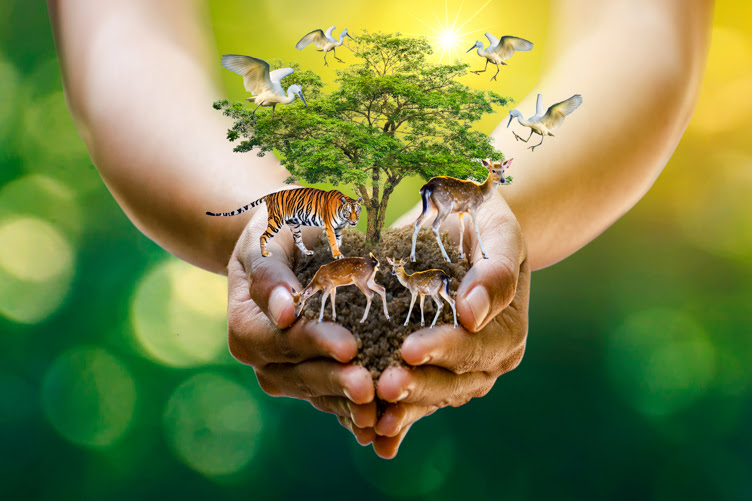
Photo: Stock
'Nature and Me'-Part I: Educating the Heart and the Soul of Children to Build a Better World
'Nature and Me'-Part II: ‘A new guide to strengthening the relationship between people and nature.’
Nature and Me'-Part III: ‘This is it! The moment so many of you have been waiting for…’
'Nature and Me'- Part IV: Nature to Heal the World
‘Nature and Me'- Part V:A Beautiful and Inspiring Path to repair our relationship with life

Photo: INTIMINA
- Details
- Written by: Kamran Mofid
- Hits: 1146
'Nature and Me'- Part IV: Nature to Heal the World
Yes, its true: We can heal ourselves, we can build a better world if we set our mind to it,
if we let nature to be our wise teacher and the source of our inspiration
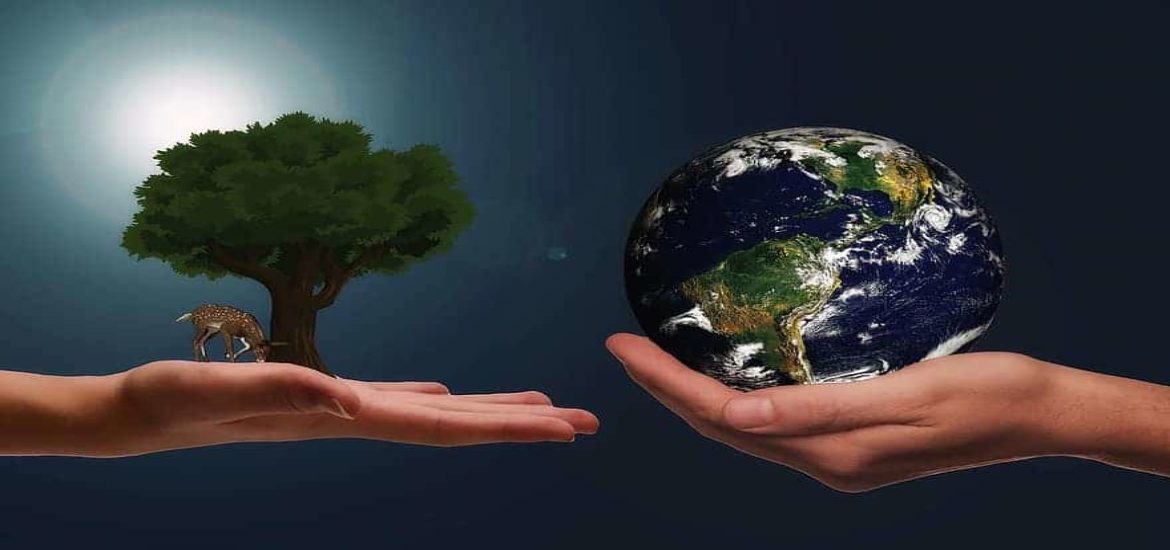
Photo: Via Sustainability Times
‘We are embedded in Nature and nature is more than a mere economic good’
‘Nature nurtures and nourishes us, so we will think of assets as durable entities
that not only have use value, but may also have intrinsic worth’*
‘Rapid urbanisation, city living and separation from nature are associated with increased rates
of depression, anxiety and schizophrenia.'+
‘For the first time in history, the majority of people reside in cities. For a species that evolved to live in small, primate tribes on the African savannah, such a migration marks a dramatic shift. Instead of inhabiting wide-open spaces, we’re crowded into concrete jungles, surrounded by taxis, traffic, and millions of strangers. In recent years, it’s become clear that such unnatural surroundings have important implications for our mental and physical health, and can powerfully alter how we think.’+
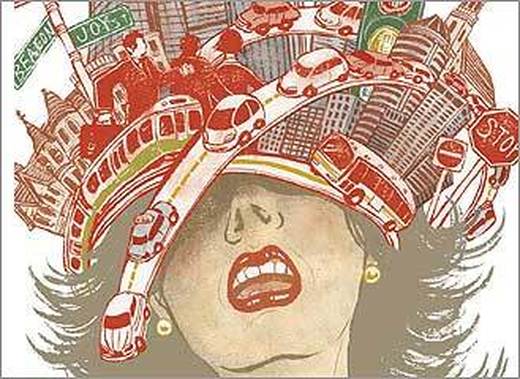
Photo: Via The Centre for Urban Design and Mental Health
But, there is a solution…
Together, We Hold the Future in Our Hands
We must not fail our children and grandchildren. We must do the right thing. We must save the web of life
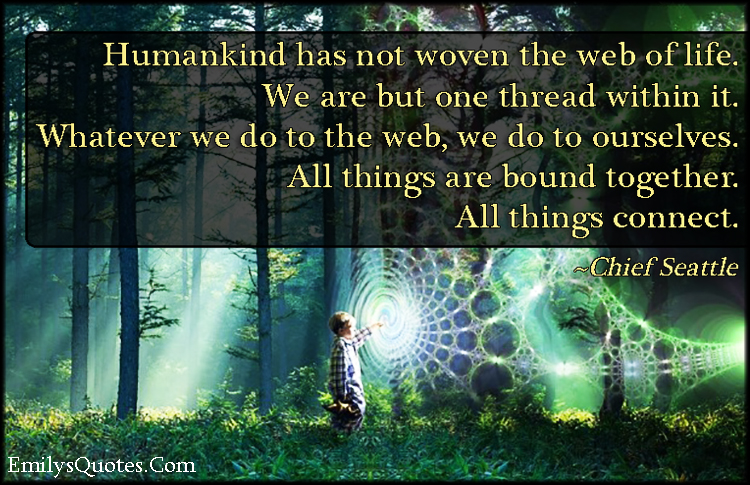
'We are the first generation to know we are destroying our planet and the last one
that can do anything about it.'- World Wildlife Fund
'Treat the earth well: it was not given to you by your parents, it was loaned to you by your children.
We do not inherit the Earth from our Ancestors, we borrow it from our Children.'- Native American Children
‘Nature as a Cure for the Sickness of Modern Times’
Via The School of Life

Photo: Travelpix Ltd/Getty Images, Via The Guardian
Lest We Forget
‘Modernity is founded on the notion that we can – through willpower and ingenuity – change our circumstances. We can divert rivers, transform our fortunes, invent miraculous machinery or start new lives on other continents. But imagine for a moment a tree in autumn, a large tree, an oak or an aspen. It might be late October in a mild year. For a long time, the leaves held out but now they are properly turning, a tell tale silvery grey or ochre tinged with auburn – and within a few weeks and one or two vicious storms from the east, they will be gone, two hundred thousand of them blown around the forest floor, where millipedes, maggots, slime moulds, earthworms and bacteria are waiting to decompose them into primal mulch. Nothing can stop the melancholy process. All summer the leaves protected us, filtering the harshness of the bright sunlight and casting gentle criss cross patterns as dusk fell. In spring, the leaves’ appearance was a symbol of hope and new beginnings. Now the air smells of death and decay. Our lives are no less subject to the laws of nature than are trees. We too are born, develop and must die. There are autumns in our years that nothing can protect us from. But it can be by contemplating the ineluctable processes of growth and decay in nature that we may come to accept more serenely all that we will have to give up and see taken from us with time. There are laws of nature that we can’t resist, that no amount of machinery or eloquence or money or power will overcome. An emperor and a tycoon are as vulnerable as a tramp before the mechanisms of the natural world, who will grind each one of us back down to our cellular origins. It could sound merely tragic – but there is relief from the manic assertiveness of our egos within the grand spectacles of nature. The majestic trees render what might have been a mere humiliation into a call for a noble surrender before an awe-inspiring adversary.’
Is this what the ‘modern’ urban living is all about, devoid of any spirituality,
separated from Mother Earth and divorced from Mother Nature?
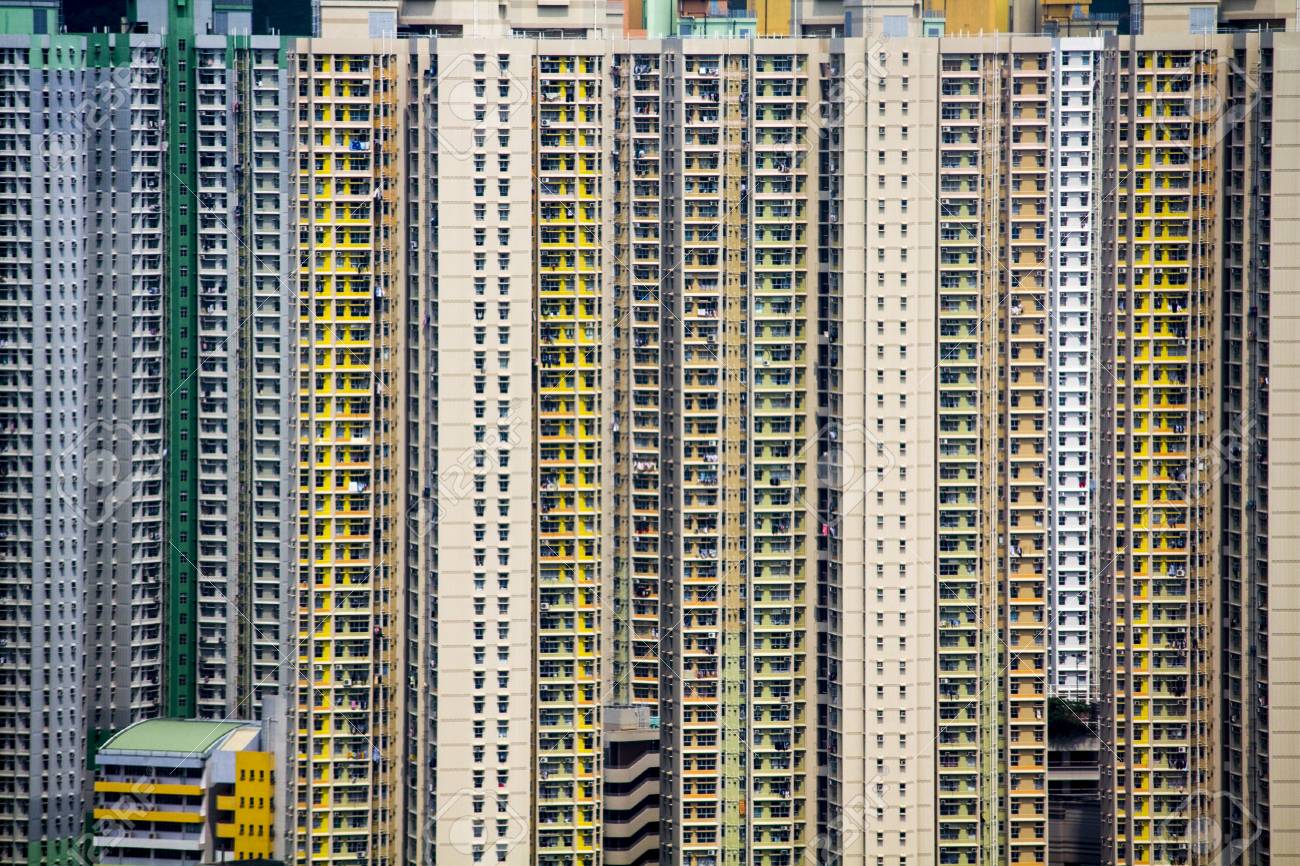
Photo:123rf.com
‘The modern age has manhandled nature like none before it ever quite has. Previous eras may not have treated it with too much respect – the Ancient Greeks stripped most of their coastline of trees by late Antiquity, the Romans deforested large chunks of North Africa and killed off all its larger wildlife for food and gladiatorial fights (the Roman historian Pliny lamented how the nobility had destroyed Africa’s elephants to feed their appetite for ivory bedsteads). But the old world lacked the new one’s sheer relentlessness, as well as its dynamite, power saws, pesticides, guns and processing plants.
'As the railways cut through the American continent, nature was hacked down with unsurpassed thoroughness. There’d been 25 million bison in North America in the 16th century; there were fewer than a hundred by the end of the nineteenth century. There’d once been a billion trees across the continent; by 1900, 85% of them were gone.
'Across modernising countries, people knew something important was being lost and many urgent attempts were made to slow the extinctions. The Yosemite valley was protected by Abraham Lincoln in 1864, Congress established Yellowstone National Park in 1872; President Wilson created the National Park Service in 1916. In England, the Lake District was protected by legal force in the late nineteenth century, in Australia, the Royal National Park was established south of Sydney in 1879, Switzerland created the first European National Park in 1914. On a smaller scale, most modern cities created free parks for their inhabitants: Munich’s Englischer Garten was founded in 1789, London’s Victoria Park was established in 1845, Lincoln Park in Chicago opened its gates in 1865, Central Park in New York was completed in 1876.
'When trying to justify why nature might be so important, there was always one answer put forward by promoters of national and urban parks: industrial society, with its factories, crowded streets and tightly packed tenement blocks made it imperative for people to have a chance to get out into nature for fresh air and for exercise. Trees and habitats had to be preserved so that we could keep fit.
'Though self-evident, something else – less often mentioned and harder to put a finger on – was also at stake: the idea that nature might be highly necessary for what a few voices were still daring to call our ‘souls’, and others more plainly our psyches. It seemed that nature was as important for treating the psychological ills bred by modernity as it was for addressing its physical ones. Modernity had made us mentally unwell – and nature held some of the cures.
'What then might the therapeutic benefits be? At least five themes suggested themselves:...’
Click the button below to read the full article
And now a selection of similar readings from our archive for your interest

Photo: INTIMINA
'Nature and Me': Educating the Heart and the Soul of Children to Build a Better World
'Nature and Me': Unlocking a New Vision for a Better World
‘Nature and Me’: ‘200 words to protect the planet’
Are you physically and emotionally drained? I know of a good solution!
*Detaching Nature from Economics is ‘Burning the Library of Life’
+How the city hurts your brain
A Beautiful and Inspiring Path to Repair Our Relationship with Life
Nature the Best Teacher: Re-Connecting the World’s Children with Nature
Biomimicry: Learning from Nature
Why should we all become mother nature and sacred earth guardians
On the 250th Birthday of William Wordsworth Let Nature be our Wisest Teacher
- Details
- Written by: Kamran Mofid
- Hits: 1024
'Nature and Me'-Part III: ‘This is it! The moment so many of you have been waiting for…’- Stop Ecocide
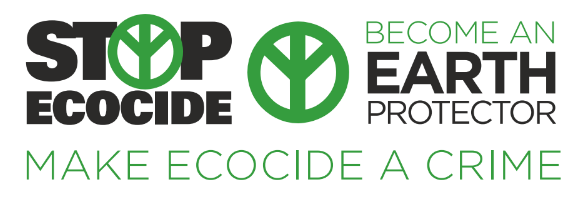
Photo: Stop Ecocide
‘Stop Ecocide International, co-founded in 2017 by barrister and legal pioneer the late Polly Higgins and current Executive Director Jojo Mehta, promotes and facilitates steps towards making ecocide a crime at the International Criminal Court (ICC) in order to prevent devastation of nature and so protect the future of life on Earth...’-Stop Ecocide
Nota bene
Earth Lawyer Polly Higgins (4 July 1968- 21 April 2019): An Intellectual Activist who I met in Astana
A lawyer who abandoned a courtroom career to campaign for the international crime of ecocide

Polly, A Beacon of Hope and Light: A personal note by Kamran Mofid
See also: Moving from moral to legal wrong: Polly Higgins
‘Ecocide must be listed alongside genocide as an international crime.'
‘Large-scale environmental destruction affects the future of all life on our planet. Criminalising it would finally hold decision-makers to account.’-Alexandre Antonelli and Pella Thiel
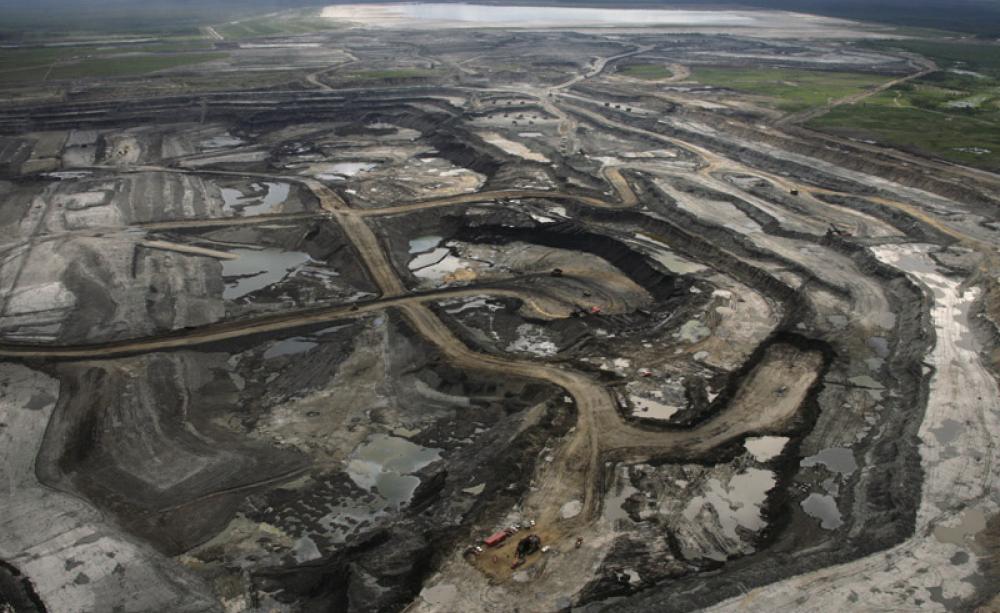
A landscape created by a love of oil.- Photo: The Ecologist
‘This is the world's most destructive oil operation.’: A clear example of Ecocide?
‘Tar sands: tearing the flesh from the Earth.’
‘Half a century of oil sands mining in northern Alberta has transformed vast tracts of boreal forest and wetlands into artificial lakes contaminated with toxic tailings waste.
‘These lakes, which industry calls “ponds,” now hold over a trillion litres of water so polluted that entire flocks of birds have died after landing on them. Scientific research has shown they’re leaking into the groundwater and the Athabasca River, with one lake estimated to be leaking 6.5 million litres every day. This raised sufficient alarm to lead NAFTA’s environmental monitoring commission to call for an investigation in 2018.
‘But the polluted lakes left in the wake of oil sands mining haven’t dissuaded Export Development Canada (EDC) from supporting companies heavily involved in the business. Despite these and other severe ecological impacts of the oil sands industry — from extensive deforestation to soaring greenhouse gas emissions — EDC continues to finance some of its major players…’-Fuelling the oil sands
‘Historic moment’: Legal experts unveil new definition of ecocide'
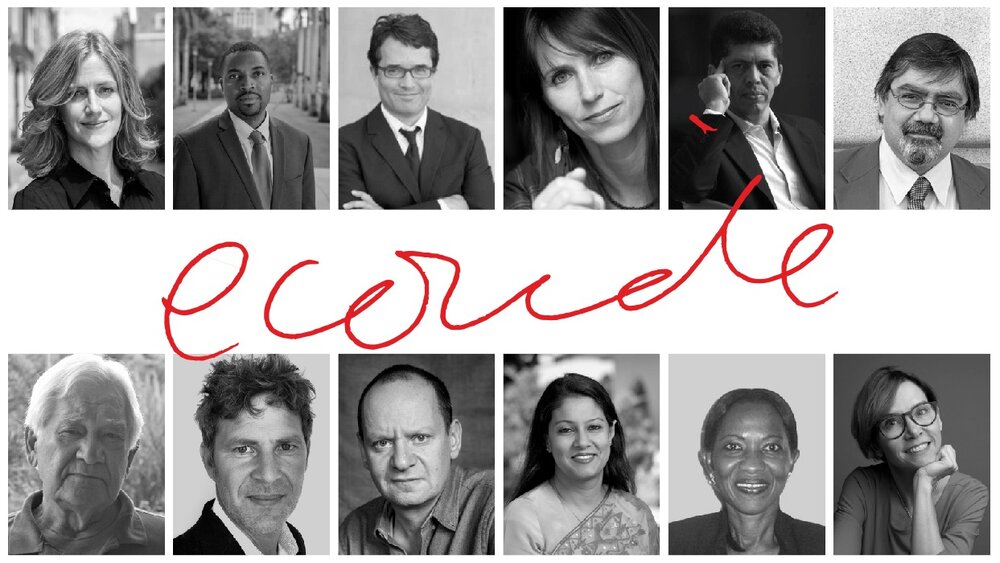
Photo:Stop Ecocide
‘It is widely recognised that humanity stands at a crossroads. The scientific evidence points to the conclusion that the emission of greenhouse gases and the destruction of ecosystems at current rates will have catastrophic consequences for our common environment. Along with political, diplomatic and economic initiatives, international law has a role to play in transforming our relationship with the natural world, shifting that relationship from one of harm to one of harmony.
'Despite significant progress, the inadequacies of current global environmental governance are widely acknowledged.1 National and international laws are in place to contribute to the protection of the natural systems upon which our well-being depends, yet it is apparent that such laws are inadequate and more is needed.
'It is against this background that in late 2020 the Stop Ecocide Foundation convened an Independent Expert Panel for the Legal Definition of Ecocide (‘Panel’). It comprises twelve lawyers from around the world, with a balance of backgrounds, and expertise in criminal, environmental and climate law. They have worked together for six months, charged with preparing a practical and effective definition of the crime of ‘ecocide’. The Panel was assisted by outside experts and a public consultation that brought together hundreds of ideas from legal, economic, political, youth, faith and indigenous perspectives from around the globe.
'Between January and June 2021 the Panel convened for five remote sessions. Panel sub-groups were tasked with specific research and drafting tasks. A consensus on a core text of a definition of ecocide as an international crime was reached in June 2021.
'It is the hope of the Panel that the proposed definition might serve as the basis of consideration for an amendment to the Rome Statute of the International Criminal Court (ICC). The Statute addresses crimes that are deemed to be of international interest and relevance, and the time has come to extend the protections for serious environmental harm, already recognised to be a matter of international concern’
ECOCIDE Defined
1-‘For the purpose of this Statute, “ecocide” means unlawful or wanton acts committed with knowledge that there is a substantial likelihood of severe and either widespread or long-term damage to the environment being caused by those acts.
2- For the purpose of paragraph 1:
a. “Wanton” means with reckless disregard for damage which would be clearly excessive in relation to the social and economic benefits anticipated;
b. “Severe” means damage which involves very serious adverse changes, disruption or harm to any element of the environment, including grave impacts on human life or natural, cultural or economic resources;
c. “Widespread” means damage which extends beyond a limited geographic area, crosses state boundaries, or is suffered by an entire ecosystem or species or a large number of human beings;
d. “Long-term” means damage which is irreversible or which cannot be redressed through natural recovery within a reasonable period of time;
e. “Environment” means the earth, its biosphere, cryosphere, lithosphere, hydrosphere and atmosphere, as well as outer space.’-Independent Expert Panel for the Legal Definition of Ecocide
A selection of further readings from our archive for your interest
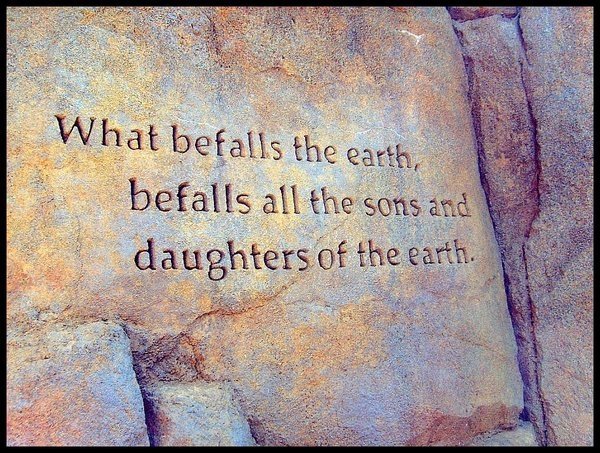
Mother Nature Crying: Fools and Heartless those who do not see the tears
Mother Earth is Crying: A Path to Spiritual Ecology and Sustainability
Mining in Canada: No native spirituality, No children dancing, No prayers- Ottawa urged
Detroit and Windsor: The Curse of the tar sands of Alberta
Why should we all become mother nature and sacred earth guardians
Detaching Nature from Economics is ‘Burning the Library of Life’
'Creation Is Groaning!': A Wake-up Call
'Nature and Me': Educating the Heart and the Soul of Children to Build a Better World
Connecting to Nature- 'Nature and Me': Unlocking a New Vision for a Better World
Nature the Best Teacher: Re-Connecting the World’s Children with Nature
Biomimicry: Learning from Nature
On the 250th Birthday of William Wordsworth Let Nature be our Wisest Teacher
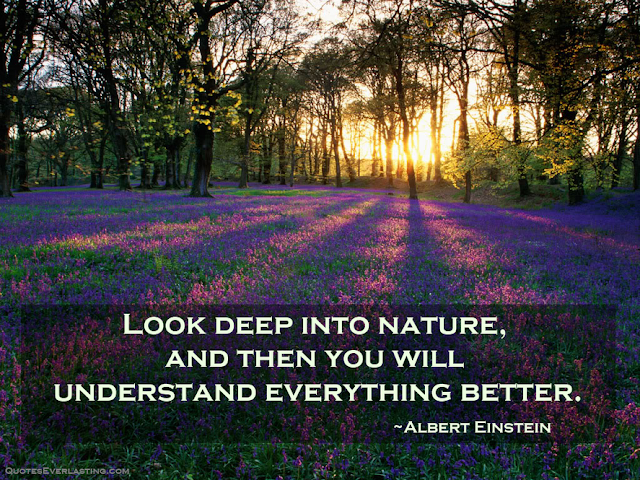
- 'Nature and Me': Unlocking a New Vision for a Better World
- My Poem of the Month: July is the Month Happiness, Purity, Beauty and Creation
- 'Nature and Me': Educating the Heart and the Soul of Children to Build a Better World
- Let us use our mobile phone cameras with different eyes: Mindful Photography to Nurture Positive Emotions, Gratitude and Appreciation
- Are You Bored with Zooming? So Let Us Zoom for Joy!
